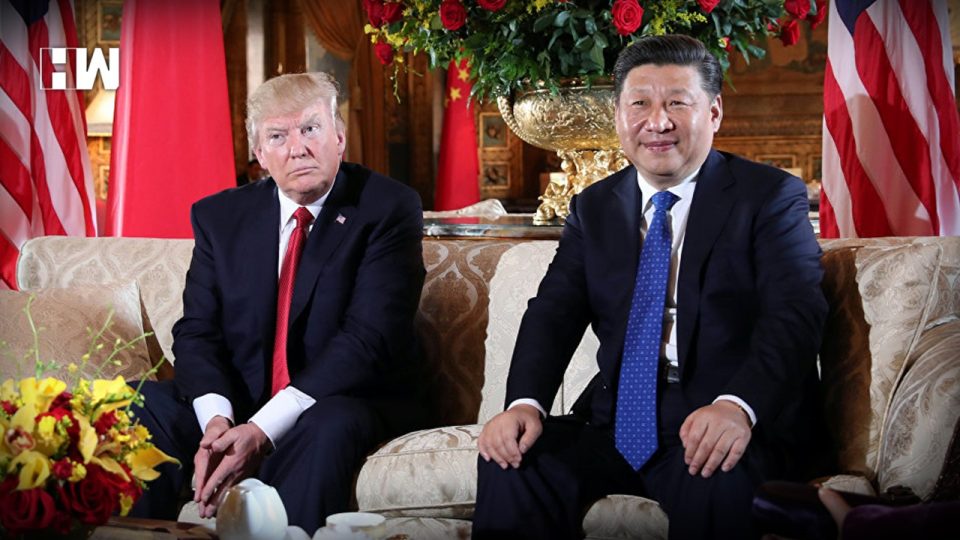The US-Sino Trade War has been raging since last year. When two of the economically most powerful nations in the world go at it for months, there is bound to be a backlash – that’s exactly what is beginning to happen. An unfortunate victim of this spat is one of the world’s biggest companies – none other than tech giant Apple Inc.
As both US and China levy tariffs on each other’s imported goods, with both trying to out-do the other, Apple has taken a big hit in its I-phone sales number in China. Apple Inc lost nearly $474 billion in market capitalisation over the past three months as sales continue to dwindle. Last week, Apple Chief Executive Officer Tim Cook had surprised investors by slashing revenue expectations by up to $9 billion due to poor sales in China. An unexpected beneficiary from this fall out between two great world powers is a third one – India. Apple is reportedly looking to beef up its Indian operations to substitute its falling sales in China due to tariff wars. Commerce and Industry Minister Suresh Prabhu is set to meet with high ranking Apple executives on the sidelines of the World Economic Forum in Davos Switzerland later this month.
Last year talks between India and Apple Inc had broken down because no middle ground could be reached. Apple was demanding tax holidays and import duty breaks which were not acceptable to India. However, with the fallout between US and China, the dialogue between India and the US tech giant seem to have been reinvigorated which is very good news, especially for the Make in India initiative of the Narendra Modi led government. India seems to be pushing Apple to manufacture here in India, and not just assemble their products over here. A few teething issues are being faced by the tech major in India such as to do with companies needing to source at least 30% value of goods locally from India once they cross the 49% threshold for FDI. Apple says India does not meet its standards in terms of high precision equipment. Indian officials are said to be mulling the decision to ease some of the norms to accommodate the technology behemoth into its fray.
As an independent media platform, we do not take advertisements from governments and corporate houses. It is you, our readers, who have supported us on our journey to do honest and unbiased journalism. Please contribute, so that we can continue to do the same in future.

